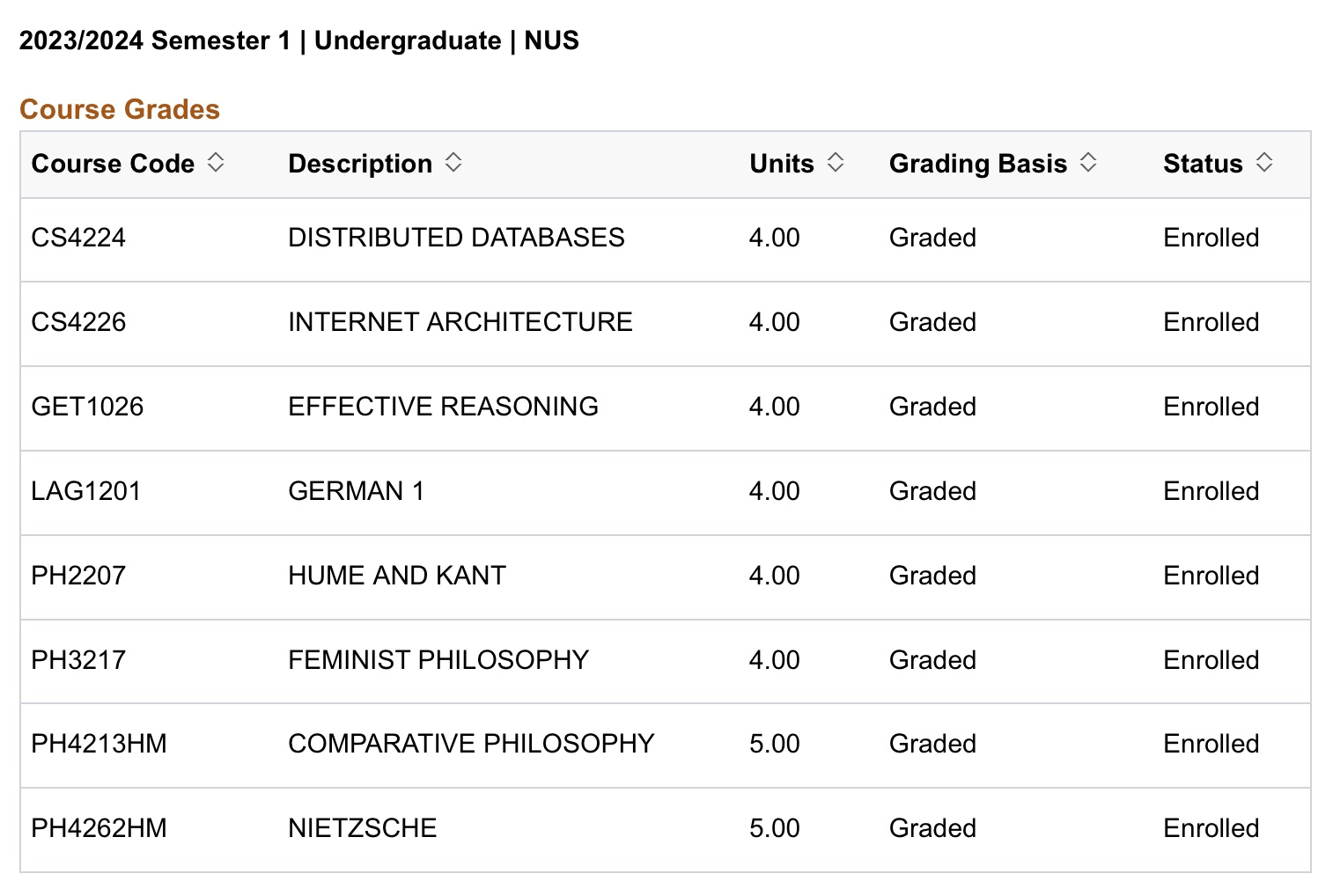Defending religious experience as a non-believer
16/10/20
The Principle of Credulity is the idea that any account of an experience should be treated as veridical in the absence of a defeater. This is used in defense of mystical and non-mystical religious experience, where people report sensing the divine. A veridical experience is one where the object of the experience exists in reality. in testimonies of religious experience, some people report that they feel the presence of God. Well, God is not bound by the laws of physical time and space, and hence cannot be proven to be present in the physical world by empirical methods. As such, how might one believe an experience of “sensing God” to be veridical?
That’s where the Principle of Credulity comes into play. A defeater is a fact or piece of evidence which will disprove, or cast doubt on a particular experience. For example, if a drunk says that he sees a green flying rabbit back in the other room, the fact that he was under the influence of intoxicating substances like alcohol, would be a defeater for his account of seeing a green flying rabbit. In the case of religious experiences, however, do such defeaters exist?
An attempt at providing a defeater against religious experience is the idea that “many people did not sense God, hence the account that person X sensed the presence of God, is a defeater for person X’s experience”. However, I argue that this is not a defeater for person X’s account of his religious experience. For one, the omnipotent nature of God is such that he could very well decide who he wants to make himself known to. God may well have chosen to only make his presence known to Person X, which enabled person X to sense his presence. The fact that others did not sense the presence of God is not only irrelevant to Person X’s experience, but should even be expected, given the characteristics of God.
Next, some people say, that considering that different people’s experience of the divine takes on different forms, and that their experiences are contradictory and cannot all be real, that this provides a defeater for each person’s account of religious experience. However, this is wrong in two ways. Firstly, there are sufficient similarities in each religious experience that they could possibly arise from the same cause (the divine). The actual account of the experience is limited by what each person is able to comprehend from their experience, which is largely influenced by their understanding of the divine based on culture, traditions, and past experience. This could account for the differences in religious experiences. Secondly, just like the first defeater, it is possible that, given the omnipotence of God, he could have chosen to present himself in different forms to different people. Which also accounts for the differences in experience.
The last 2 defeaters that we have considered are defeaters arising from outside of the person experiencing the religious experience and have proven to be insufficient to prove disprove the religious experience. Next, lets consider a defeater from within the person experiencing religious experience.
Consider that for many people who have sensed the presence of the divine, this experience happened during a time when they were experiencing an altered state of mind. For example, someone battling an infection in the hospital may sense God being present to support them through their ordeal. And we may say that the fact that they were struck by disease and were pumped full of drugs provides a defeater for their experience of sensing God. Meanwhile, a meditating monk may report and account of an experience of being “one with the divine” while they were meditating. Again, we may say that the act of meditating placed them in an altered state of consciousness such that we should not believe their account of their religious experience. However, I believe that this is flawed reasoning. Having a normal state of mind working under normal conditions, is necessary for sensing things in the physical world. However, because God, is not bound by the physical world, and hence to sense God would be to sense something beyond the physical world, we cannot apply the requirements for normal functioning in the physical world, to experiences about things beyond the physical world. While having an altered state of mind will hinder a person’s ability to perceive ordinary physical objects, it may not have the same impact on their ability to sense the divine.
Given the nature of religious experience, and its inherent mysteriousness as something beyond the physical world, as well as something highly personal, it is highly unlikely that we will be able to find a defeater against religious experience. For any argument that a skeptic may provide against the veracity of religious experience, the person who experienced religious experience will still be able to retain the credulity of their experience, because this is something unique to them, which someone who is not them, will not be able to prove false.

Comments
Post a Comment